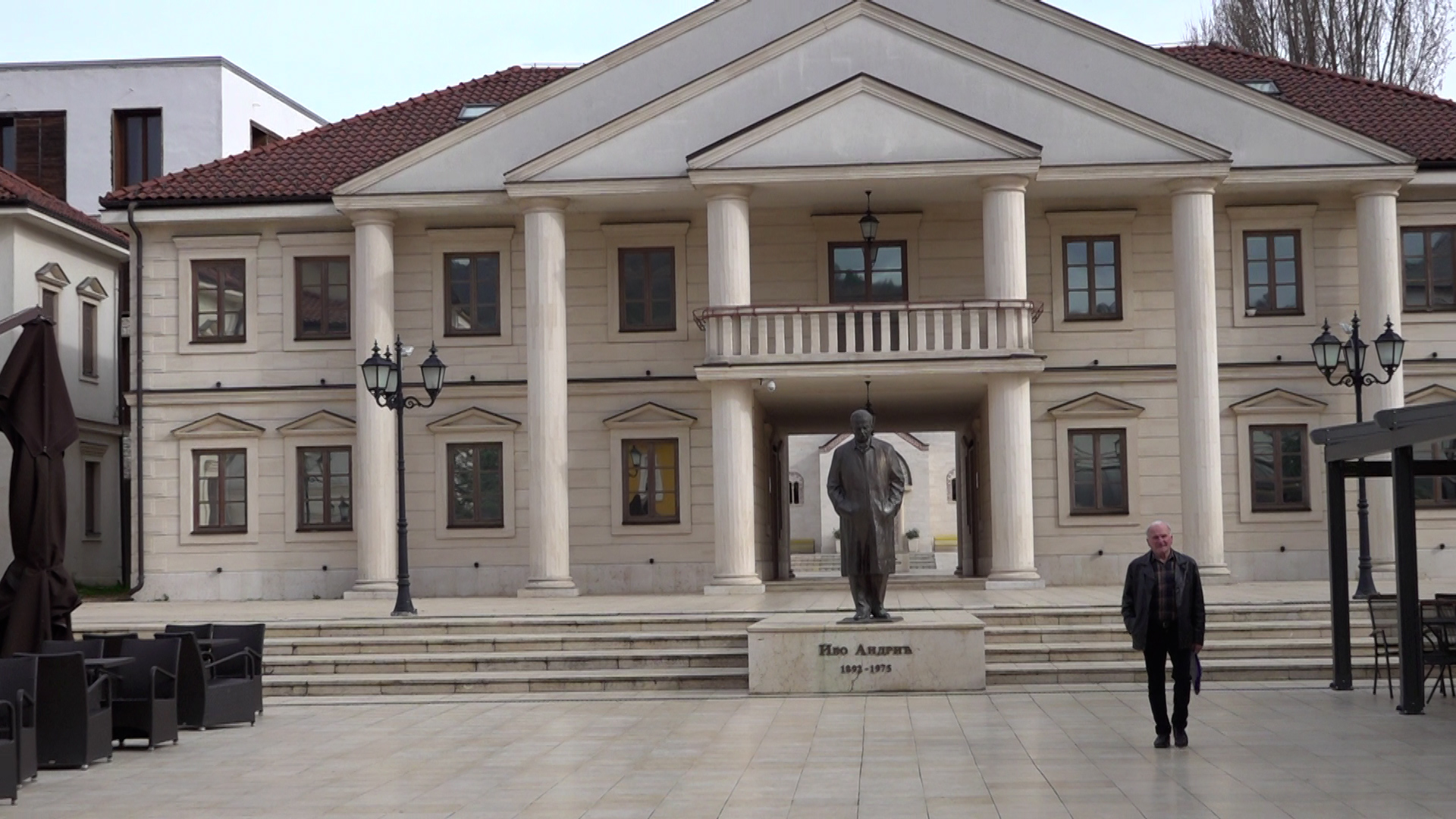Republika Srpska continues to support the Dayton Agreement and insists on the consistent implementation of its original text. This includes support for the sovereignty and territorial integrity of Bosnia and Herzegovina, as well as for the BiH Constitution, and there is absolutely no plan for secession from BiH, it is stated in the 33rd Report of Republika Srpska to the United Nations Security Council.
The document emphasizes that Republika Srpska is merely seeking the return of competencies that rightfully belong to it under the clear provisions of the BiH Constitution. It therefore rightfully demands that all other actors in BiH, as well as foreign governments, respect their international obligations stemming from the Dayton Agreement and work towards its implementation.
“Republika Srpska believes that the ongoing political crisis in BiH can only be resolved through sincere dialogue among the leading political representatives of all three constituent peoples, with the foundation of the negotiations being full acceptance of the Dayton Agreement, including the BiH Constitution,” the Report, adopted by the Government of Republika Srpska, adds.
It is emphasized that Republika Srpska is ready to begin such a dialogue immediately and without delay, and welcomes the assistance of BiH’s international partners in facilitating that process.
The first part of the Report highlights that Republika Srpska’s continued support for the Dayton Agreement also reflects its unwavering commitment to resolving all political issues in BiH exclusively through peaceful means.
“Republika Srpska and its leadership firmly call for peace and categorically reject the use of violence. Republika Srpska also cooperates closely with the EUFOR Althea mission in BiH and even supports increasing the number of its personnel in order to provide the citizens of BiH with additional assurance that peace in the country will not be endangered,” the Report states.
The document further notes that in the decades following the signing of the Dayton Agreement, successive high representatives—supported by Bosniak political parties—have led a persistent campaign aimed at dismantling the Dayton compromise and achieving the Bosniak wartime objective: a unitary state dominated by Bosniaks and governed centrally from Sarajevo.
In pursuit of that goal, the high representatives, without any legal basis and in violation of the most fundamental principles of international law, discarded the democratic constitutional order of BiH and governed the country through autocratic decisions, without oversight or accountability.
“The judicial institutions in BiH, which should safeguard the rule of law, are under the influence of external actors and continuously ignore the evident unconstitutionality of governance through imposed decisions and the centralization of authority in Sarajevo,” the Report states.
Srpska reminds that the 1995 Dayton Agreement ended the war in BiH and established a democratic constitutional structure designed to give each of the three formerly warring constituent peoples in BiH—Bosniaks (predominantly Muslim), Serbs (predominantly Orthodox Christian), and Croats (predominantly Roman Catholic)—confidence that they would not fall under the domination of one or more of the others.
It is also noted that during the war in BiH, Bosniaks aimed to create a centralized state without entities or mechanisms to protect constituent peoples, while Serbs fought for independence.
“The Dayton compromise, though it did not fully satisfy the aspirations of any of the three peoples, established—through Annex 4, which defines the BiH Constitution—a federal and consociational structure that enabled sustainable peace and a functional community of three peoples, among whom deep mutual distrust still exists,” the Report continues.
The document underlines that the Constitution accomplished this by assigning all powers—except for a limited number explicitly listed—to the entities, and by introducing consociational mechanisms such as the tripartite Presidency, through which the interests of each constituent people are protected individually.
Source: RTRS









